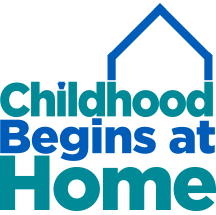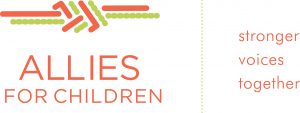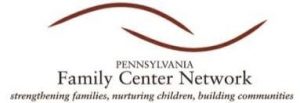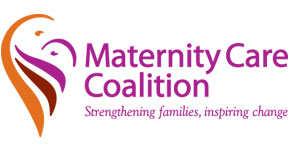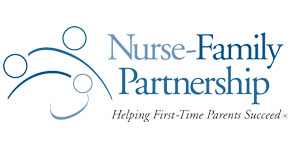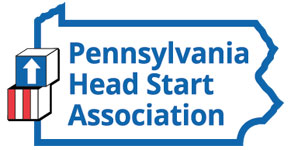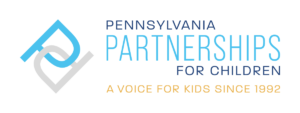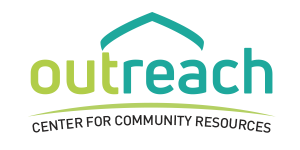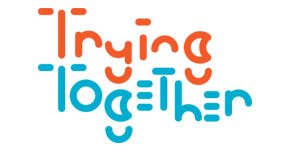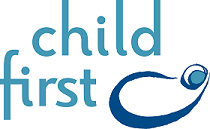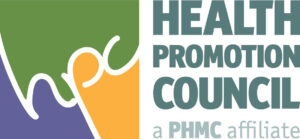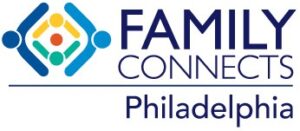What is Home Visiting?
Evidence-based home visiting programs recognize that parents are children’s first teachers, but sometimes, parents and others who raise children look for help. Far too many of Pennsylvania’s youngest children live in poverty and experience poor education and health outcomes.
Voluntary home visiting programs help parents and others raising children with the supports necessary to improve child development and school readiness, child health, family economic self-sufficiency, linkages and referrals, maternal health, positive parenting practices, reductions in child maltreatment, and reductions in juvenile delinquency, family violence and crime. During home visits, nurses and other professionals visit with women, families, and children—some as early as pregnancy to promote positive birth outcomes—to provide parent education and support, ultimately promoting child health, well-being, learning, and development.
In 2022, eight evidence-based home visiting models were operating in Pennsylvania using public (state and/or federal) and private funds to support their programs. Each model has distinct characteristics and meets families’ unique experiences in different ways.
Child First—Helps to heal and protect young children and families from the effects of chronic stress and trauma by fostering strong, nurturing relationships, and connecting families with needed services. Research shows this model has the strongest outcomes in Reductions in Child Maltreatment, Child Development & School Readiness, and Linkages & Referrals. Learn more.
Early Head Start—Nurtures healthy attachments for low-income families parenting infants and toddlers, and for pregnant women and their families, through intensive, comprehensive child development and family support services. Research shows this model has the strongest outcomes in Child Development & School Readiness, Child Health, and Positive Parenting Practices. Learn more.
Family Check-Up®—Supports strategies to better engage parents and parent-centered intervention for reducing problem behaviors in children from toddlers through adolescence. Research shows this model has the strongest outcomes in Child Development & School Readiness, Positive Parenting Practices, and Reductions in Juvenile Delinquency, Family Violence & Crime. Learn more.
Family Connects—Strengthens connections for families with newborns by linking them directly to supportive community care resources. Research shows this model has the strongest outcomes in Child Health, Linkages & Referrals, and Reductions in Child Maltreatment. Learn more.
Healthy Families America—Strengthens families by promoting positive parenting, enhancing child health and development, and preventing child abuse and neglect. Research shows this model has the strongest outcomes in Reductions in Child Maltreatment, Child Development & School Readiness, and Maternal Health. Learn more.
Nurse-Family Partnership—Pairs first-time, low-income pregnant women with nurses to improve pregnancy/birth outcomes, child health and development, and family economic self-sufficiency. Research shows this model has the strongest outcomes in Child Health, Family Economic Self-Sufficiency, and Maternal Health. Learn more.
Parents as Teachers—Builds the capacity of parents to understand and support optimal healthy child development, develop effective parenting practices that strengthen the family foundation, and promotes school readiness. Research shows this model has the strongest outcomes in Child Development & School Readiness, Positive Parenting Practices, and Reductions in Child Maltreatment. Learn more.
SafeCare Augmented®—Uses motivational interviewing and other training to focus on three key outcomes that are universally important for families: creating positive relationships between caregivers and their children, ensuring homes are safe to reduce the risk of child injury, and keeping children as healthy as possible. Research shows this model has the strongest outcomes in Positive Parenting Practices, Reductions in Child Maltreatment, and Reductions in Juvenile Delinquency, Family Violence & Crime. Learn more.
Does Home Visiting Work?
Yes! Evidence-based home visiting is a research-proven tool to support the development and safety of our most vulnerable children and their families.
The term “evidence-based” refers to home visiting models whose services are proven effective by research with evidence that supports a child’s healthy development. Information related to each home visiting model’s evidence has been evaluated and documented within the U.S. Department of Health and Human Services – Home Visiting Evidence of Effectiveness (HomVEE) at http://homvee.acf.hhs.gov.
What is Childhood Begins at Home?
An initiative of Early Learning PA, Childhood Begins at Home is a statewide campaign to help policymakers and the public understand the value of evidence-based home visiting and support public investments in the programs. Since the campaign began in 2017, it has won funding increases more than tripling the state investments. This has helped serve many more Pennsylvania families, yet it represents only a fraction of those who could benefit the most.
Governing Body Members
See What People are Saying About Home Visiting
“
